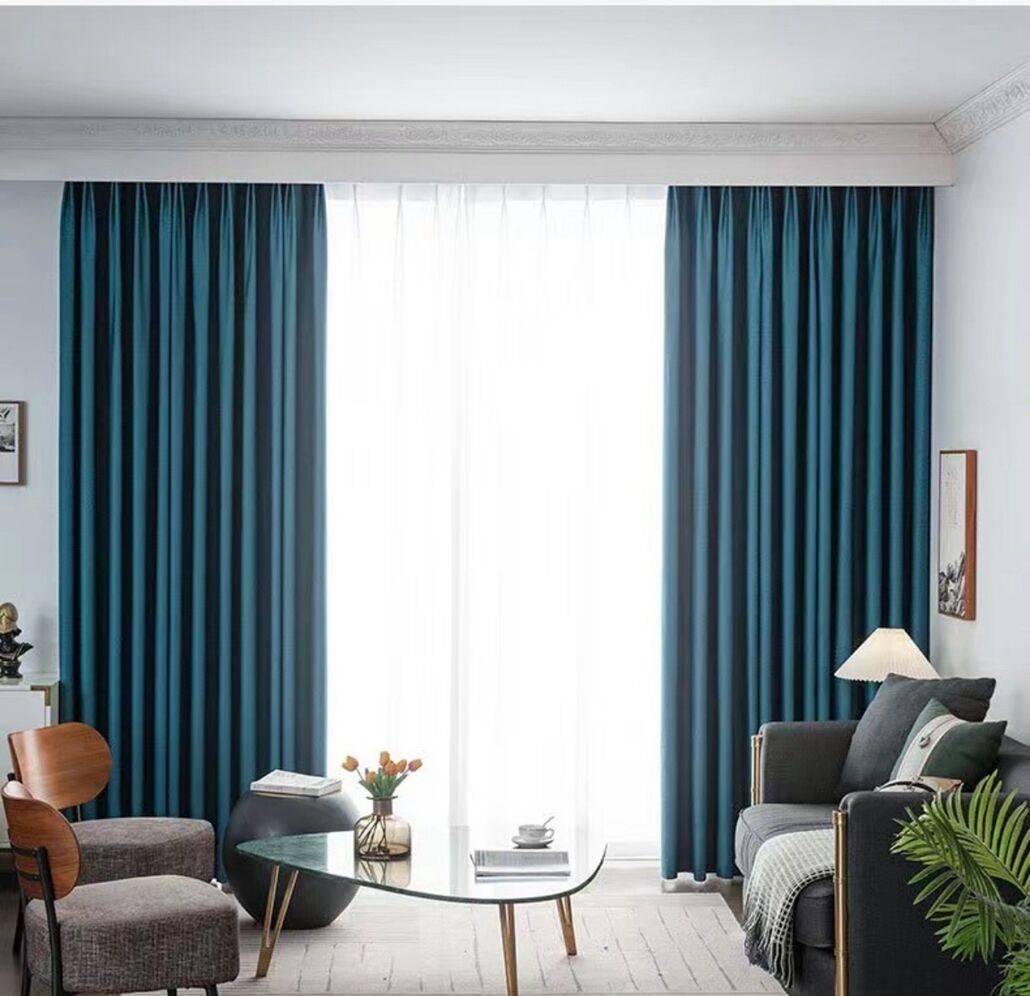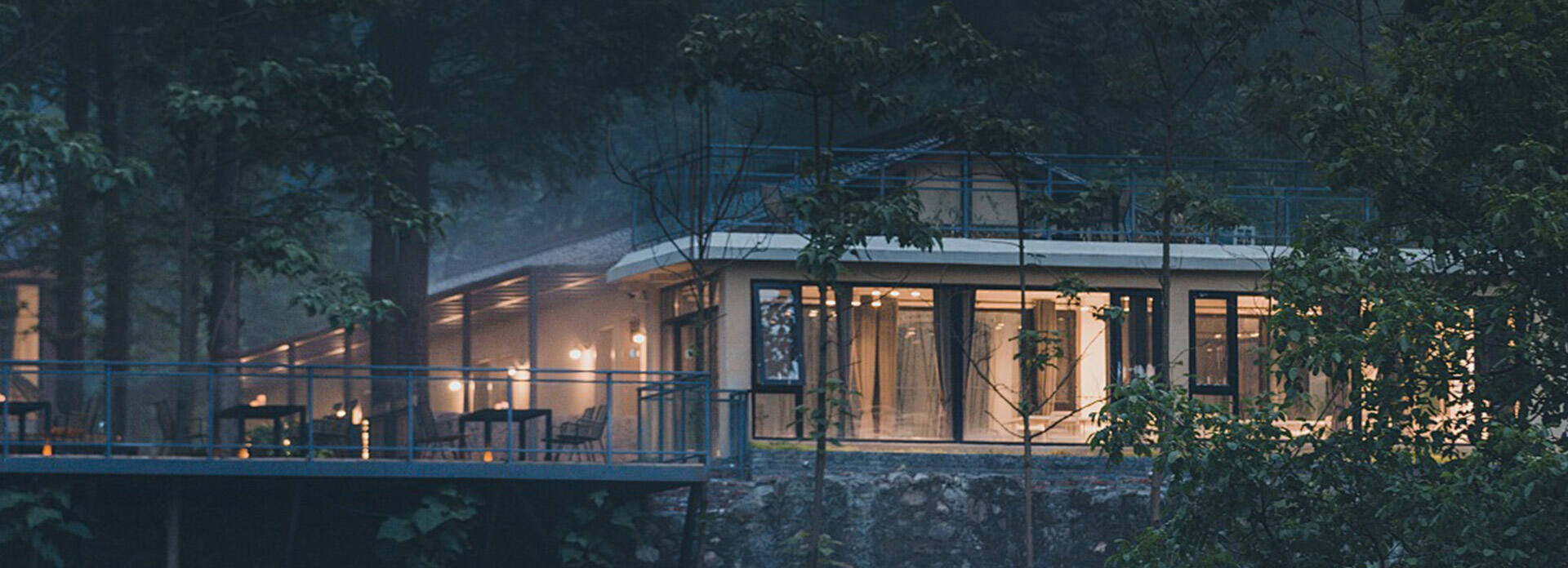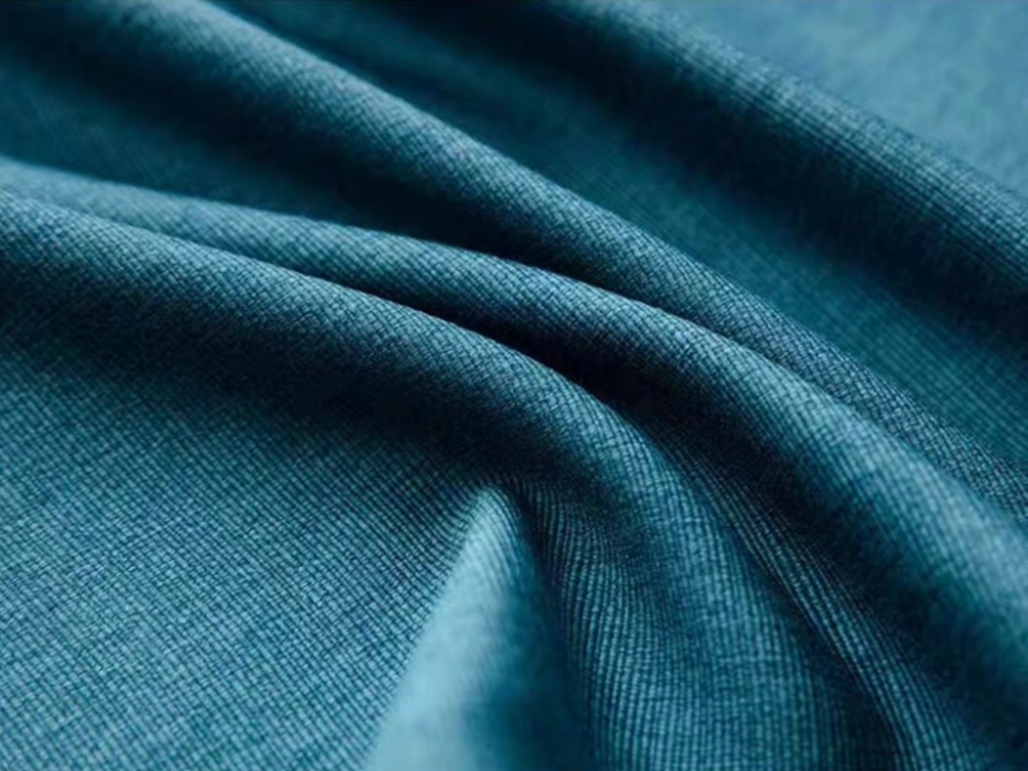What is the current trend for curtains?
2025’s top curtain trends include:
Organic textures: Linen, hemp, and bouclé weaves.
Earth tones: Terracotta, olive green, and warm neutrals.
Layered drama: Sheers + heavyweight blackout drapes.
Motorized systems: Smart curtains with voice/app control.
Sustainability: OEKO-TEX certified fabrics and recycled materials.
What are curtains on windows called?
Terms vary by style and function:
Drapes: Formal, lined, floor-length.
Sheers: Light-filtering, semi-transparent.
Valances: Decorative top treatments.
Blackout curtains: Light-blocking, insulated.
Austrian shades: Cascading gathered fabric.
How to make cheap curtains look expensive?
Hem them: Floor-length or tailored sill cuts.
Add trim: Sew on velvet ribbon or tassels.
Layer smartly: Hang sheers behind budget drapes.
Weight the hem: Use fishing weights for a luxe drape.
Upgrade hardware: Swap plastic rods for matte metal.
What is the rule of thumb when buying curtains?
Follow the “2x Rule”:
Width: Curtains should be 2x the window width for fullness.
Length: Floor-to-ceiling or ½ inch above the floor.
Lining: Invest in blackout/thermal liners for durability.
Fabric weight: Light rooms = airy linen; formal spaces = velvet.
Should curtains match wall color or furniture?
Match walls: Creates seamless, expansive visuals (ideal for small rooms).
Contrast furniture: E.g., navy curtains against a beige sofa for depth.
Third-color pop: Choose a hue from accent pillows or art.
Pro Tip: Monochromatic ≠ boring—mix textures like linen and silk!
What length curtain looks best?
Floor-length: Elegant, elongates rooms (½ inch above floor).
Sill-length: Practical for kitchens (½ inch above sill).
Puddle: 3–6 inches extra for vintage drama (avoid with pets).
Never: Mid-wall length—it visually “chops” the room.
Key Take aways
Texture Triumphs: Rough linens > glossy synthetics for luxury.
Smart Layers: Combine function (blackout) with flair (sheers).
Measure Twice: Fullness and length make or break the look.





